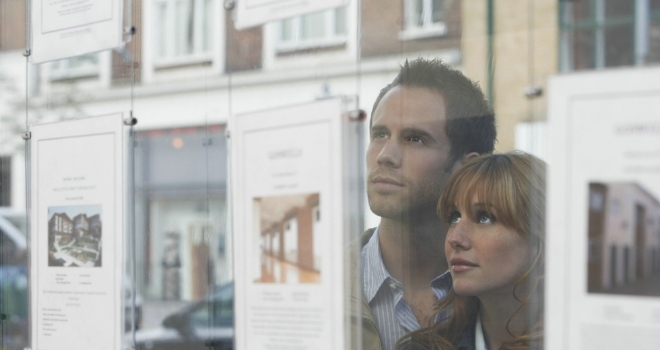
This is, to an extent, inevitable - if there are 25 million homes in the country and 30 million people who would like to own a home, then something has to prevent 5 million of them from buying a home of their own. For the same reason, it’s very difficult for the government to design measures to help home-buyers that won’t simply lead to further increases in house prices and end up putting money into the pockets of sellers instead of buyers.
But nevertheless, there are measures that the government could and should be taking to help first-time buyers, especially by helping them to compete more effectively against buy-to-let investors so that more of the existing housing stock is owner-occupied rather than rented.
House prices have risen strongly over the past 25 years, and are now bouncing back to unprecedented levels even during a global pandemic, but housing affordability has not decreased in line with this. The Bank of England base rate in August 1995 was 6.625%, whereas it is now 0.1%, with mortgages widely available for interest rates of less than 2% for an initial fixed period of up to five years, as long as you have a reasonably sized deposit. Thus the monthly repayment on a £200,000 mortgage now is not much higher than it would have been on a £100,000 mortgage in 1995.
The main difficulty faced by first-time buyers is not repaying the mortgage, but obtaining it in the first place. After the financial crisis of 2008, mortgage lenders became more tightly regulated and lost their appetite for riskier mortgage lending, and so there are now few if any mortgages for more than 90% of the purchase price, and even at 90% they can be difficult to find and will have a considerably higher interest rate.
The Covid-19 pandemic made matters even worse as many lenders pulled out of the 90% mortgage market altogether, partly for fear of falling house prices and partly because they simply lacked the capacity to process a large number of mortgage applications. Some lenders are now testing the waters and re-entering the market, but in some instances, they are adding further restrictions, such as Nationwide’s new requirement that only a quarter of the deposit on a 90% mortgage can have been gifted to the borrower.
Stamp duty holiday doesn’t cut the mustard
When Chancellor Rishi Sunak gave his Summer Statement last month, many people had expected him to announce a stamp duty holiday to stimulate the market and perhaps assist frozen out FTBs. Most people were surprised to learn, then, that buy-to-let investors and buyers of second homes would also be benefiting from the stamp duty holiday.
Higher stamp duty rates for multiple-home-owners, corporate buyers and properties costing over £925,000 were introduced by George Osborne in 2016 to reduce activity and cool down the overheated market in these sectors and certainly seemed to be achieving this. So it came as a surprise when Sunak included all property purchases in the stamp duty holiday, regardless of the status of the buyer, in his efforts to restimulate the property market following lockdown.
Since first-time buyers were already exempt from stamp duty for purchases of up to £300,000, the stamp duty holiday is thus mainly benefitting home-movers and buy-to-let investors. It may even be hurting first-time buyers by pushing up house prices. Matters will become worse still as the cut-off deadline approaches in March 2021 and buyers have to act fast to avoid losing out. For this reason, we would have preferred to have seen a longer-term stamp duty reduction that was phased out gradually rather than hitting a cliff-edge on one specific date, or preferably a different measure entirely that was specifically aimed at first-time buyers.
Finding a deposit remains the issue for first-time buyers
A decrease in stamp duty can help first-time buyers. Every £1,000 spent on stamp duty is £1,000 less that can be put down as a deposit. But few first-time buyers were paying any stamp duty at all even before the new stamp duty holiday, and so there was no way to help them with any more stamp duty cuts. We would have preferred to see the government looking into ways to make it possible for mortgage lenders to lend a higher proportion of the purchase price to first time buyers.
For example, Sunak could be better supporting first-time buyers by providing incentives for mortgage lenders to reduce their deposit requirements. Perhaps instead of a stamp duty holiday, the government should have used the available money to encourage mortgage lenders to return to offering mortgages for 90% or even 95% of the purchase price, by offering them some government guarantees against loss on this riskier lending.
If such a policy is a success, it costs the government virtually nothing, because it supports house prices in the first-time-buyer market sector which means that there are very few losses for which the government has to pay out on its guarantee.





